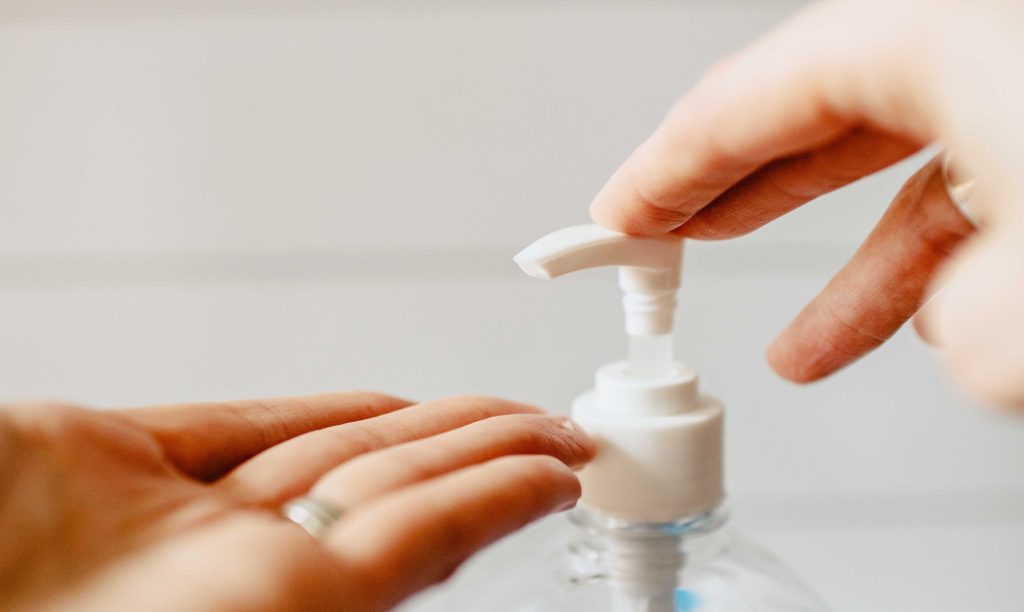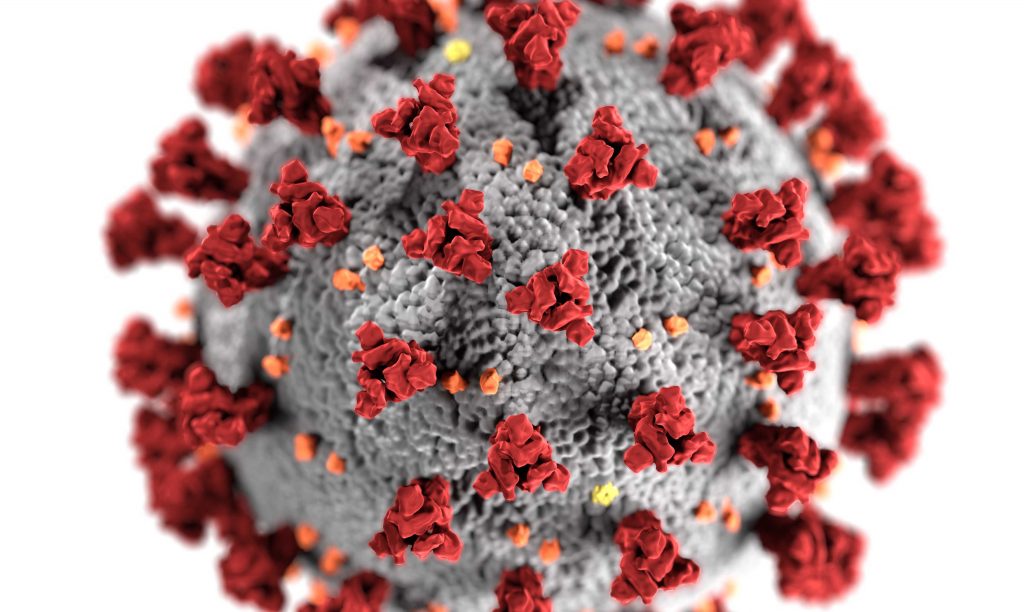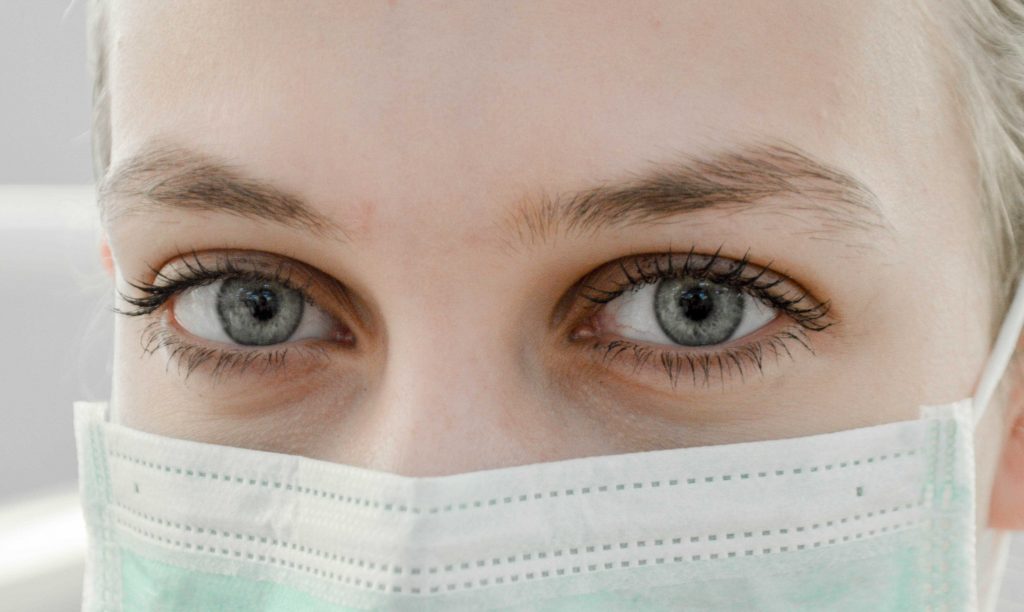Be aware of Coronavirus
or COVID-19
It is worth to assimilate ounce of prevention than a pound of cure.
ABOUT THE PANDEMIC
What is Coronavirus?
It is a large family of viruses (COVID-19) that can cause respiratory, enteric, hepatic, and neurological diseases and cause mysterious illnesses ranging from the common cold to more severe diseases such as MERS-CoV and SARS-CoV. It is a new strain that was emerged in December 2019, reported in Wuhan, China and now spread to a number of countries around the world. According to WHO, Coronaviruses are zoonotic and are transmitted between animals and people.
Cough
Being coughed on continuousl
High Fever
The temperature of at least 100.4 °F [38 °C]
Runny Nose
Nonstop blowing your nose
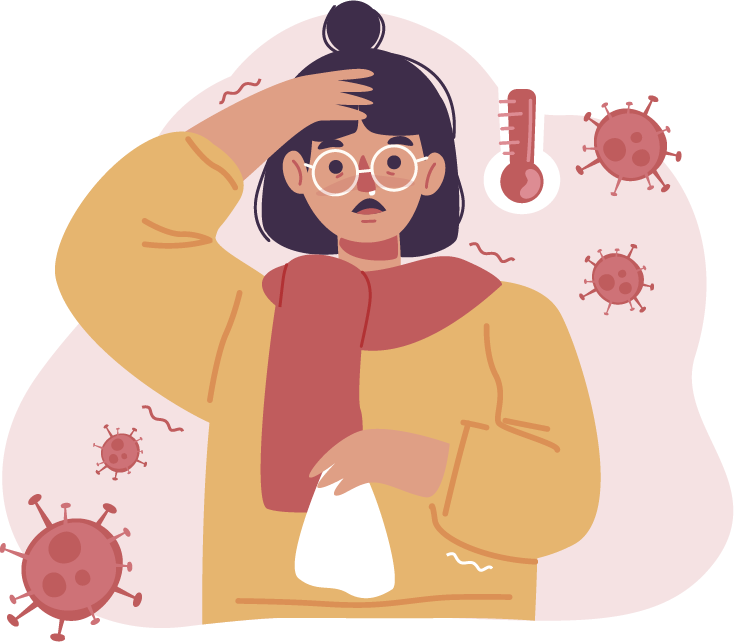
Sore Troath
The pain or irritation of the throat
Shortness of breath
Unexpectedly feeling out of breath
Tiredness
Sudden and Constant Tiredness
CONTAGION
How it's Transfer
Detailed investigation of WHO found that SARS-CoV was transmitted from civet cats to humans and MERS-CoV from dromedary camels to humans. This disease is mainly transformed from person-to-person. It seems to be spreading easily and sustainably in the community in some affected areas.
AIR TRANSMISSION BY COUGH OR SNEEZE
HUMAN CONTACTS
CONTAINTED OBJECTS
ANIMALS CONTACT
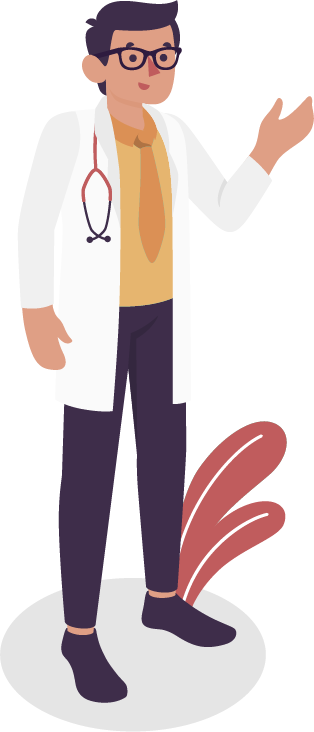
PREVENTION
Prevention is Better than Cure
It is commonly not possible to know when you have prevented an accident. There is no vaccine to date to cure Coronavirus. So, it is better to protect yourself and help prevent spreading the virus to others.
WEAR MASKS
If you are suffering from sneeze and cough or have to go in mass, cover your nose and mouth with a disposable tissue or flexed elbow.
WASH YOUR HANDS
To prevent yourself from viruses wash your hands regularly for 20 seconds with soap and water or alcohol-based hand rub.
AVOID CONTACT WITH ANIMALS
It is better to avoid contact with animals possibly living in the market (e.g. stray cats and dogs, rodents, birds, bats). As WHO says, not to contaminate with the disease don’t contact with potentially contaminated animal waste or fluids on the soil or structures of shops and market facilities should be strictly avoided.
USE NOSE-RAG
Mainly Respiratory viruses like COVID-19 spread when mucus or droplets containing the virus get into your body. Most often, this happens through your hands. One of the cheapest, easiest, and most important ways to prevent the spread of a virus is using a Hand-Rag.
Avoid close contact
If you feel unwell stay home and self-isolate. Keep a distance of 1 meter or 3 feet with the people who are ailing.
WORLD DATA
AFFECTED COUNTRIES
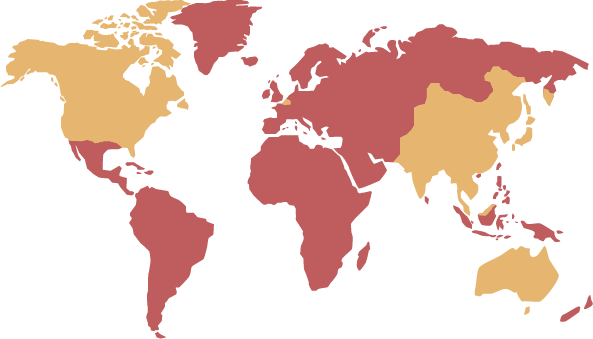
FRIQUENTLY ASK QUESTIONS
Have any Questions?
Standard recommendations to reduce exposure to and transmission of a range of illnesses include maintaining basic hand and respiratory hygiene, and safe food practices and avoiding close contact, when possible, with anyone showing symptoms of respiratory illness such as coughing and sneezing.
Yes, they can be, as health care workers come into contact with patients more often than the general public WHO recommends that health care workers consistently apply appropriate
WHO encourages all countries to enhance their surveillance for severe acute respiratory infections (SARI), to carefully review any unusual patterns of SARI or pneumonia cases and to notify WHO of any suspected or confirmed case of infection with novel coronavirus.
Countries are encouraged to continue strengthening their preparedness for health emergencies in line with the International Health Regulations (2005).
There is no specific treatment for disease caused by a novel coronavirus. However, many of the symptoms can be treated and therefore treatment based on the patient’s clinical condition. Moreover, supportive care for infected persons can be highly effective.
At the moment, children almost never develop symptoms of the novel coronavirus. Therefore, children are not a special risk group. Children are also not a major source of infection for the disease
Anyone who has had COVID-19 is usually immune to the virus afterwards. This means that this person can no longer become ill from the virus. The bigger the group that acquires immunity, the smaller the chance the virus has of spreading. This also reduces the chance that the virus reaches vulnerable people. Group immunity builds a protective wall, as it were, around vulnerable people.
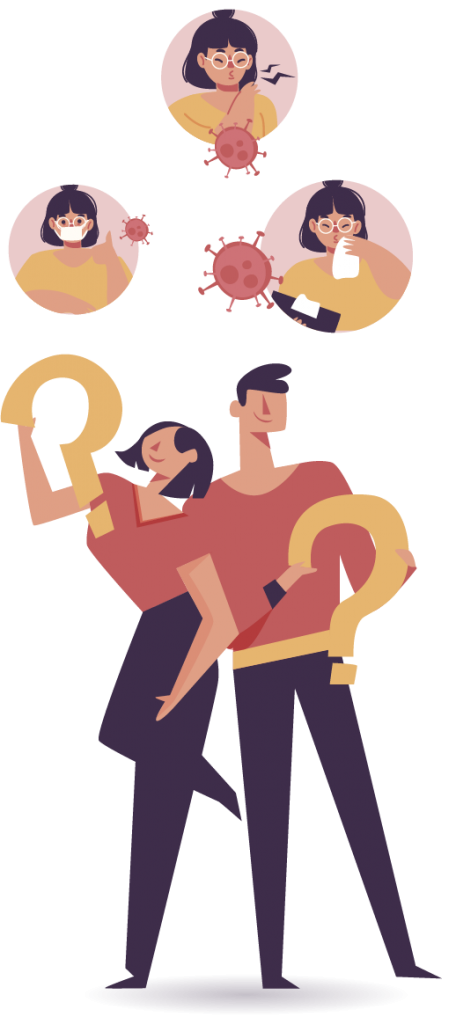

NEWS & BLOG
Some Health Tips & Tricks
Litora vel, vestibulum nibh imperdiet, integer purus ut vestibulum quisque consequat, facilisi aenean erat pellentesque curabitur.

